By Alphonse Muhindo Valivambene
From 27th to 30th July 2015, Well Grounded and Maliasili Initiatives organised a day of exchange between Kenyan, Tanzanian and Congolese (DRC) civil society organisations in Kenya’s capital, Nairobi. The aim of this event was to share the diverse experiences and points of view regarding the development of a strategy, a business plan and more sustainable, innovative funding models. This event was linked to a wider conference that brought together roughly 100 people and aimed to strengthen the capacities of numerous stakeholders with a view to better conserve ecosystems.
In view of the above, I was struck by certain lessons and strategic approaches that I would like to share here.
Indeed, a learning organisation always develops, within it, on-going learning mechanisms with a view to improving the quality of its services to local and indigenous communities whose survival depends on the sustainable management of natural resources. It is in this framework that the workshop held in Nairobi focused on five main themes: (i) protected areas; (ii) community engagement and rights-based governance; (iii) effective leadership and organisational strengthening; (iv) professional e-learning and (v) developing a community of practice.
I was inspired by the discussions between the participants, who came from different countries. I learned a few lessons, the main ones being:
- The peer discussion day was beneficial in that it encouraged exchanges between peers for mutual learning, exchanges between regions, and discussion on organisational sustainability. Indeed, we often speak of our work in the field without necessarily touching upon the issues of organisation development. Therefore, it is paramount that civil society organisations raise this issue and come back to it periodically – during their yearly self-assessment, for example. This evaluation would therefore be considered as an annual capacity building forum drawing inspiration from tools linked to training and capacity needs assessments.
- Once the capacities and skills have been acquired, they must be assessed and further enhanced using units of measurement. In order to do this, civil society organisations must ensure that evaluation grids are included in their regulatory texts so as to conduct periodic performance evaluations.
- It is essential to differentiate between knowledge, capacities and skills. It is possible to train someone without building his or her capacities. As such, it is vital to assess the impact of past training and define new strategies in order to improve the situation in accordance with newly identified needs.
- The IUCN’s initiative to strengthen protected area management capacities is to be encouraged, whilst particular attention must be paid to the need to consult and seek community consent when establishing and managing protected areas.
As it emerges, sustainability-based organisational strengthening is a guarantee for the effective support of communities. Therefore, it is necessary to commit to this, all the while remembering that this work requires time, patience and resources. Its impact generally becomes apparent in the long term.

